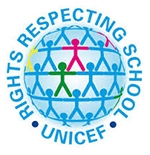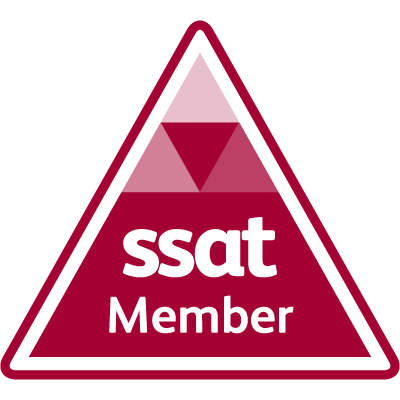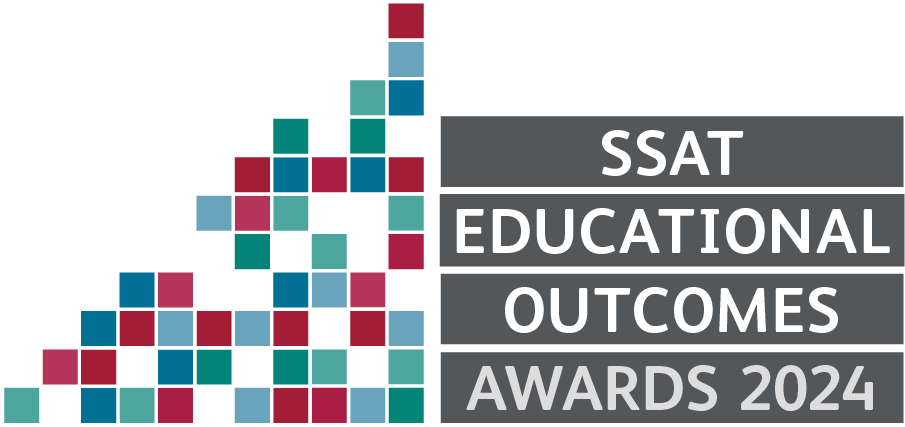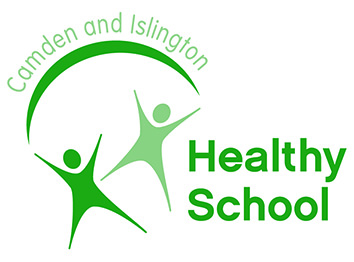Parli Values
- Kindness: We value relationships and the right to learn and work in a culture that is kind and compassionate.
- Inclusivity: We are proud of our diverse community and committed to building equity and a culture of belonging.
- Trust: We understand that a culture of trust is built on integrity, autonomy and mutual accountability.
- Excellence: We work with an ethic of excellence by valuing mistakes, attending to feedback and having the highest standards of performance.
Strategic intentions, vision and ethos
Strategic Intentions
Our aim is for Parliament Hill School to be:
- A world class centre of excellence for student and professional learning. (Article 29 of the UN Convention on the Rights of the Child)
- A place where all girls belong and where every girl is empowered to grow, to succeed and to lead. (Articles 13-16 of the UN Convention on the Rights of the Child)
- A community where relationships are positive and respectful, responsibilities are embraced and successes are celebrated. (Article 30 of the UN Convention on the Rights of the Child)
- A creative environment where we are restless to improve and confident to try new things. (Article 31 of the UN Convention on the Rights of the Child)
- A dynamic hub for positive partnerships which enhance the life chances of Parli students and their community contribution. (Articles 14- 15 of the UN Convention on the Rights of the Child)
Ethos
At Parliament Hill we recognise the opportunities and challenges of being a young woman in a changing world. We aim to build on our strong history and continue to empower our students to take advantage of every opportunity to enhance and transform their lives.
We are rightly proud of Parliament Hill’s tradition of helping others in our school, our local community and around the world. All our students are encouraged to be active world citizens and to work to make a positive difference. This is why we are a rights respecting school and embrace all that this entails.
Our ethos is underpinned by the fundamental British values of democracy, rule of law, individual liberty and mutual respect and tolerance. We challenge extremism in all its forms and take seriously our role in implementing the Prevent Strategy.
We expect our students to participate actively, value each and every individual and to be caring and respectful of other people and for our environment. We are deeply committed to inclusion and equal opportunities for all. Students are involved in all aspects of school life and decision making and are encouraged to have a say in their community. We take seriously our duty to oppose discrimination and all forms of prejudice and do not tolerate bullying of any kind.
Learning is the core of our school life and we support and challenge our students to make a full contribution to achieve as highly as they possibly can. We expect them to be positive role models to others, to strive to be the best that they can be and to contribute to making the world a better place.
Please click the link below to 'Promoting fundamental British values as part of SMSC in schools', Department of Education advice for maintained schools.
Statement by rights respecting school student leaders

Here at Parli, we are encouraged to work to our full potential both within and outside the school environment. This is aided by the rights respecting charter that we have embedded into our atmosphere. The rights our school value most highly consist of:
- No discrimination (Article 2 of the UN Convention on the Rights of the Child)
- Thriving education (Article 28 & 29 of the UN Convention on the Rights of the Child)
- Freedom of expression (Article 13 of the UN Convention on the Rights of the Child)
- Leisure, play and culture (Article 31of the UN Convention on the Rights of the Child)
- Acknowledgement of rights (Article 42 of the UN Convention on the Rights of the Child)
We chose these rights because our school holds diversity of a high value, alongside thriving educational goals, given its significance in our next steps. Given our school’s fundamental philosophy, these rights are most significant in our school’s ethos.
The cultural diversity in school is a real and ongoing strength. There is a prominent place in which our students stand, given the roles we as students take such as student ambassadors, researchers, interviewers, as well as a vast amount of others. We have a huge range of extracurricular activities from academic to the performing arts.
RRSA Student Leaders (Y9)
Children’s rights are central to all aspects of UNICEF’s work, including education, and we use the UN Convention on the Rights of the Child (CRC) as a framework for our activities. The CRC is a comprehensive human rights treaty that enshrines specific children’s rights in international law. These rights define universal principles and standards for the status and treatment of children worldwide.
UNICEF aims to promote children’s rights in schools in two ways: by supporting schools to ensure that rights are embedded in their ethos and policy-making; and by offering resources and activities to ensure that children and young people can learn about children’s rights in the classroom and beyond.
Key principles and provisions of the Convention
The CRC consists of 54 articles. A ‘child’ is defined as every human being below the age of 18. The key provisions are:
- The right to a childhood (including protection from harm)
- The right to be educated (including all girls and boys completing primary school)
- The right to be healthy (including having clean water, nutritious food and medical care)
- The right to be treated fairly (which includes changing laws and practices that discriminate against children)
- The right to be heard (which includes considering children’s views)
Why teach about the Convention?
Teaching children and young people about the CRC means that they can find out about the legal and human rights and responsibilities that underpin society. By learning about the Convention, children and young people in the UK can discover that:
- They have rights
- They should be informed about their rights
- They should be helped to exercise their rights
- They should be able to enforce their rights
- There should be a community of interest to advocate young people’s rights
These tenets of the CRC are true for children and young people worldwide, making the Convention an excellent starting point for understanding global citizenship.








